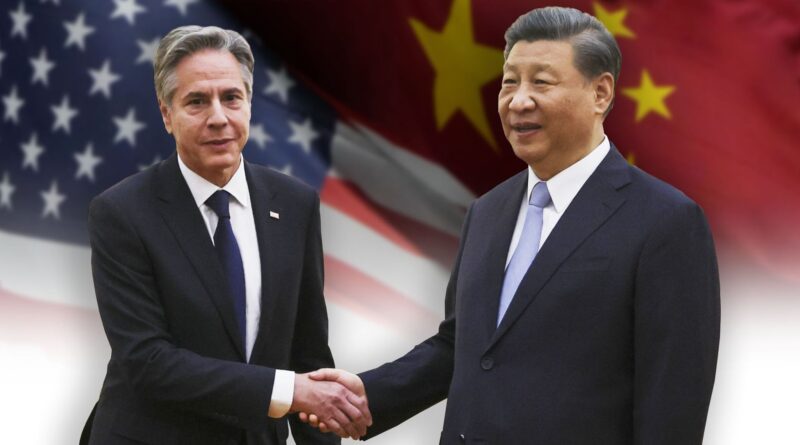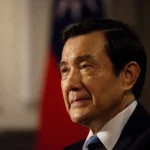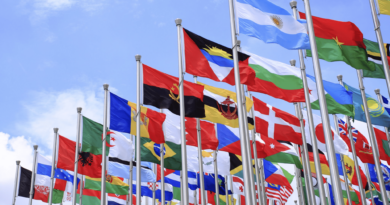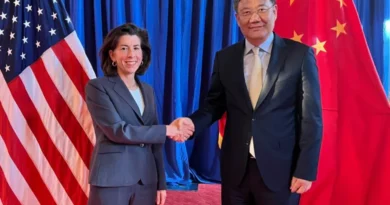Wait and see
XULIO RIOS
The visit of the US Secretary of State, Antony Blinken, to China has the main merit of having recovered a certain normality in the bilateral dialogue, showing that there is a relative potential for easing tensions.
It also seems to have paved the way and cleared up some unknowns regarding the bilateral performance in some upcoming summits such as the G20 in India (in September) or the APEC (in November) in the US, which stand out on the agenda of the second semester of the year This supposes guarantees that a disastrous scene like the one exhibited in the recent Shangri-La Dialogue will not take place.
Surely, if there had been no progress, Xi Jinping would not have dedicated those 35 minutes to Blinken in the Great Hall of the People. The meeting was announced an hour before its start and was the best indicator of the outcome of Blinken's visit. For Xi, with a domestic agenda full of challenges, it is also important to take steps in the direction of unraveling the skein with the US and, by extension, with Western countries. As far as possible.
However, the military dialogue will remain on hold, probably until the problem of sanctions against Defense Minister Li Shangfu, imposed in his day for the purchase of Russian weapons when he was head of the equipment development department at the Commission, is not resolved. Central Military. These are illegal unilateral sanctions, remember in Beijing. Given the recurrence of incidents by sea and air and the negative evolution in the Taiwan dispute, this dialogue should be one of the priorities, but for Xi the first thing is to withdraw the sanctions. Otherwise it would be very difficult to explain.
In the meetings held by Blinken, the Chinese authorities conveyed to him a clear demand to respect their central interests: sovereignty and territorial integrity, political system, development model...
China's margin of commitment on these issues is extremely limited, as revealed by the fact that both parties agreed to persist in consultations to specify the "guiding principles" of the bilateral relationship. Blinken recalled the "five no" of President Biden, abjuring any intention to recreate a new cold war, to seek a conflict with China, to want to change his system, establish alliances against China or support the independence of Taiwan. Xi, for his part, reiterated to his interlocutor that China does not seek to displace or challenge the US and that it legitimately aspires to complete its modernization and development.
The extent of the agreement will be given not so much by that immediate semantic tone adapted by both parties to political and diplomatic imperatives or the progress on peripheral issues that may occur in the coming weeks, with rather modest expectations, such as the effective cessation of recriminations and moderation in areas of friction.
This should be enough to stabilize the ties, but the facts must sign the words and it will not be easy in a context in which the underlying differences remain unresolved.
In short, very little has materialized. Despite this, signals are expected in cultural cooperation or in air connections, as well as in the issue of fentanyl, with the creation of a joint working group. An interregnum opens until Minister Qin Gang returns the visit. It'll have to wait and see.
By proposing the need to choose between dialogue or confrontation or between cooperation and conflict, Chinese diplomacy suggests that if the US proposes a two-way path, setbacks are guaranteed. At the current crossroads, there would not be enough room to opt for both at the same time.












